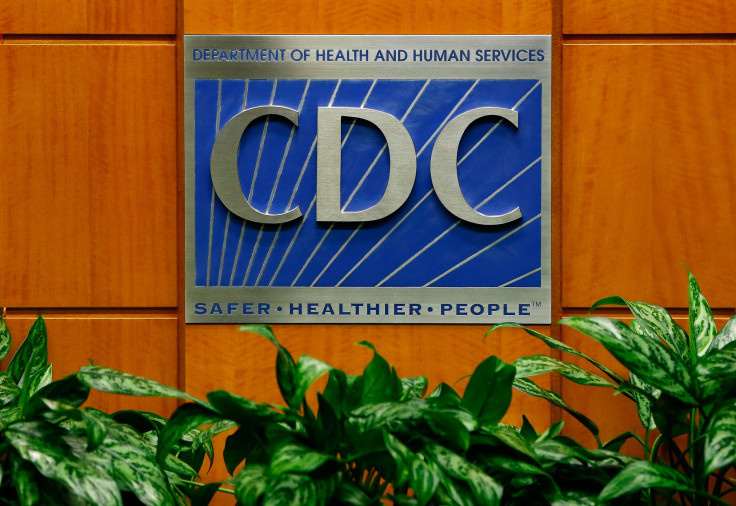Plague Symptoms: Idaho Child Contracts Rare Disease, First Human Diagnosis Since 1992

A public health advisory was issued Tuesday after a child in Idaho was diagnosed with plague, a rare disease that had last affected a human in the state in 1992.
According to the Central District Health Department, the child in Elmore County is recovering after receiving antibiotics. The department also said it is believed the child contracted the disease during a recent trip to Oregon but this hasn't been confirmed yet.
There have been eight human cases confirmed in Oregon and two in Idaho since 1990. Most recently, cases of plague in Idaho were diagnosed in squirrels but none were found in southern Ada County or Elmore County this year.
“Plague is spread to humans through a bite from an infected flea. People can decrease their risk by treating their pets for fleas and avoiding contact with wildlife,” Sarah Correll, a Central District Health Department epidemiologist, said in a statement. “Wear insect repellant, long pants and socks when visiting plague affected areas.”
The Centers for Disease Control and Prevention (CDC) says that plague among humans is rare. Person-to-person transmission is extremely rare and in the case of a child, it's not a risk factor to others.
Human symptoms of plague usually appear within two to six days of contracting the disease. Fever, chills, headaches and often a swelling of lymph nodes under the armpit, are some common symptoms. Plague can cause serious illness and death if not quickly treated.
"In most cases, there is a painful swelling of the lymph node in the groin, armpit or neck areas. In some cases, rapidly developing signs of pneumonia — shortness of breath, chest pain, cough — can occur. Plague symptoms in cats and dogs are fever, lethargy and loss of appetite, with possible swelling in the lymph node under the jaw. Cats with plague pneumonia can give it to people," Idaho Department of Health and Welfare said in a statement.
The health department issued some precautionary measures to reduce the risk of contracting the plague:
- Do not feed rodents in picnic or campground areas. Avoid handling sick or dead rodents.
- Keep pets from roaming and hunting ground squirrels or other rodents.
- Consult a veterinarian about using an appropriate flea control product on pets.
- Sick pets should be examined promptly by a veterinarian, especially if they came in contact with sick or dead rodents in the desert areas south and east of Boise.
- Consult a doctor if unexplained illness develops involving a sudden and severe fever after being in a plague-endemic area.
- Keep areas near the house clean, especially where rodents can live, such as woodpiles. Put hay, wood and compost piles as far as away as possible.
- Don’t leave pet food and water where rodents or other wild animals can access them.
© Copyright IBTimes 2024. All rights reserved.





















